Puller Pin
- Precision Design: Guarantees accurate part ejection without damage.
- Robust Durability: Built to endure high-pressure molding cycles.
- Flexible Compatibility: Suits a wide range of mold types and sizes.
- Minimal Upkeep: Engineered for long-term, hassle-free operation.
Expert Craftsmanship
20+ Years of Expertise
Tailored Solutions
Custom designs
Rigorous Quality Control
ISO 9001-Certified Quality
Competitive Pricing
Cost-effective solutions
Global Support
Reliable delivery & technical assistance
ISO 9001:2015 Certified Processes
ISO 13485: 2016 Medical Device
IATF 16949: 2016 Automotive
No Minimum Order Quantities
In-Process Inspection with CMM

Puller Pins: Essential Precision for Mold Ejection
Puller pins are vital precision mold components used in injection molding to facilitate the seamless release of molded parts from the mold cavity. Engineered for reliability, these pins ensure efficient ejection while protecting mold systems from excessive wear.
Our puller pins deliver consistent performance, making them ideal for industries requiring high-quality production, such as electronics, packaging, and automotive manufacturing.
Key Functions
Processing Materials
Stainless Steel
- Offers corrosion resistance (e.g., 420, 440C).
Hardened Tool Steel
- Provides excellent toughness (e.g., H13, SKD61).
Custom Materials
- Available to meet specialized molding needs.
Post-Processing & Surface Treatments

Heat Treatment
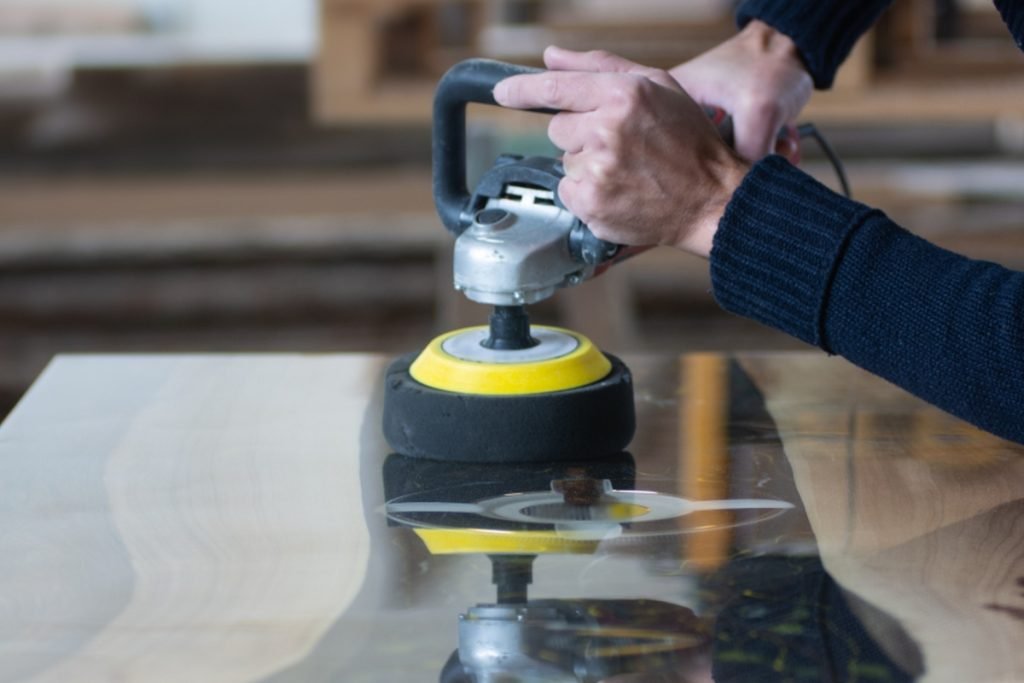
Precision Grinding
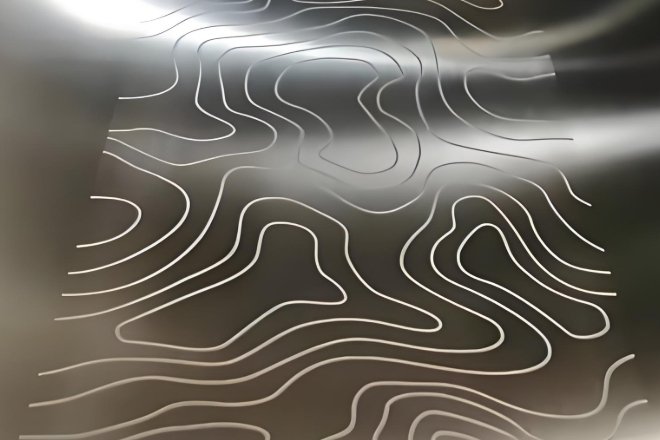
Nitriding
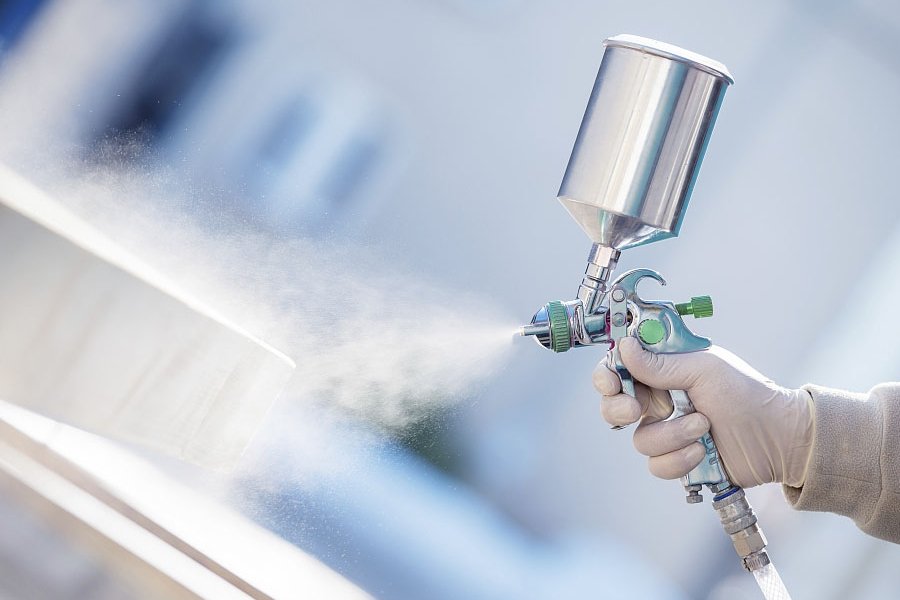
Special Coatings
Technical Specs for Puller Pins
Our processes ensure unmatched consistency and repeatability at fast lead times and affordable pricing.
| Parameter | Specification |
| Hardness | 58-62 HRC (varies by material) |
| Surface Finish | Precision ground to Ra ≤ 0.2 μm |
| Dimensional Tolerance | ±0.002 mm (custom tolerances offered) |
| Diameter Range | 3 mm to 20 mm (custom diameters on request) |
| Length | 50 mm to 300 mm (custom thicknesses available) |
| Lead Time | 2-4 weeks (standard); rush options available |
Contact us for specifications tailored to your molds.
Selection Suggestions
Mold Complexity
Opt for precise diameters for detailed parts.
Production Scale
Select harder materials for large runs.
Ejection Force
Match pin strength to mold and part requirements.
Environmental Factors
Consider corrosion-resistant options if needed.
Our team is ready to help refine your choice.
Fecision Mold Component Tooling Network
In response to different service types and diverse business needs, we have deployed suppliers with different manufacturing capabilities.
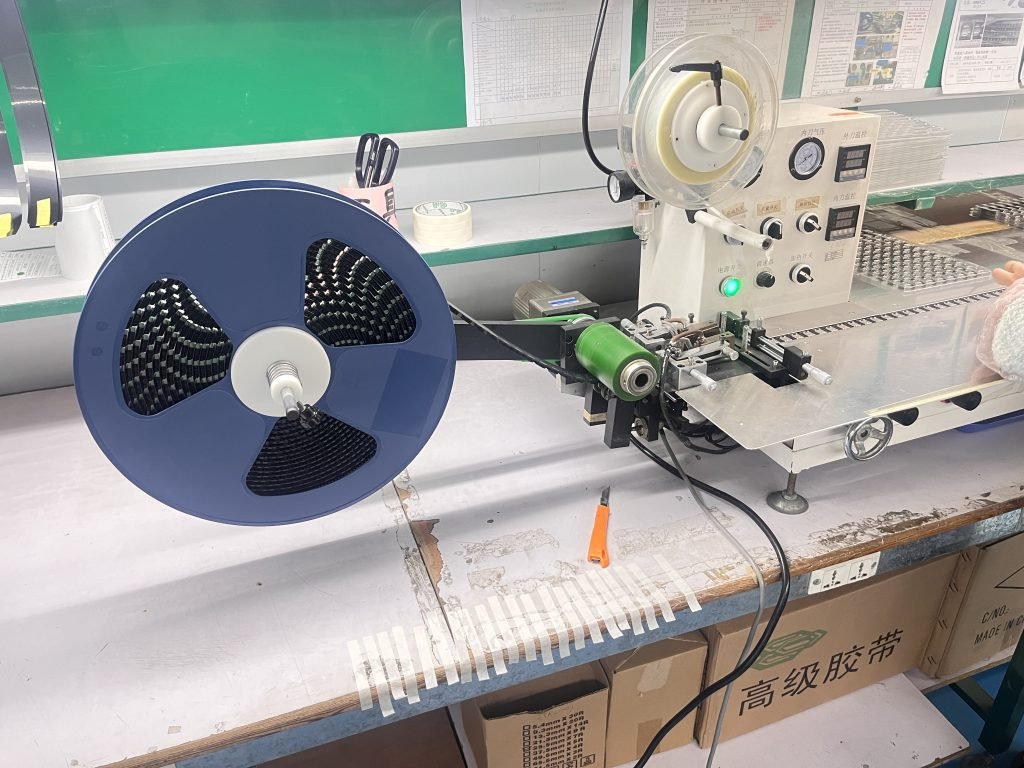
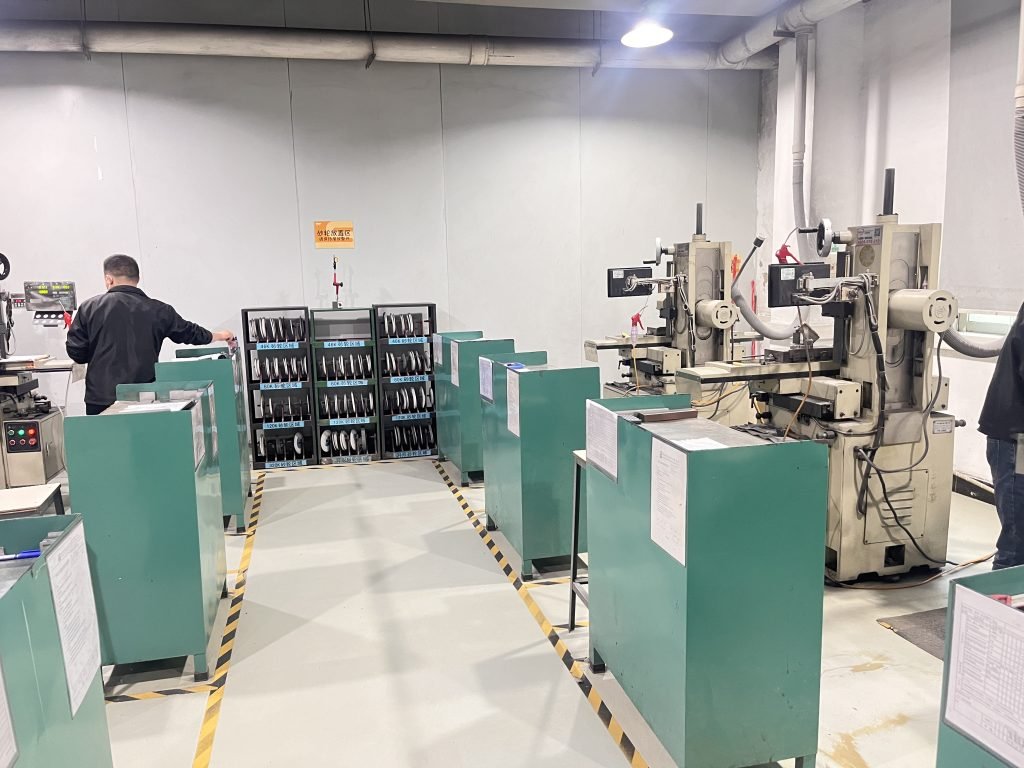
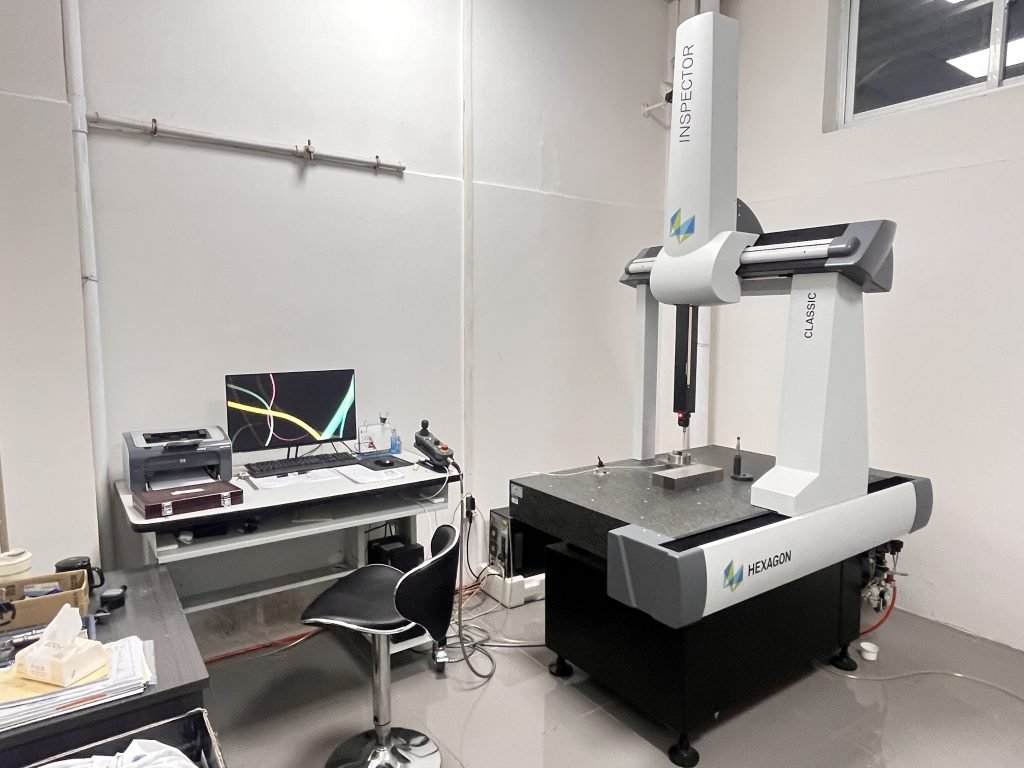
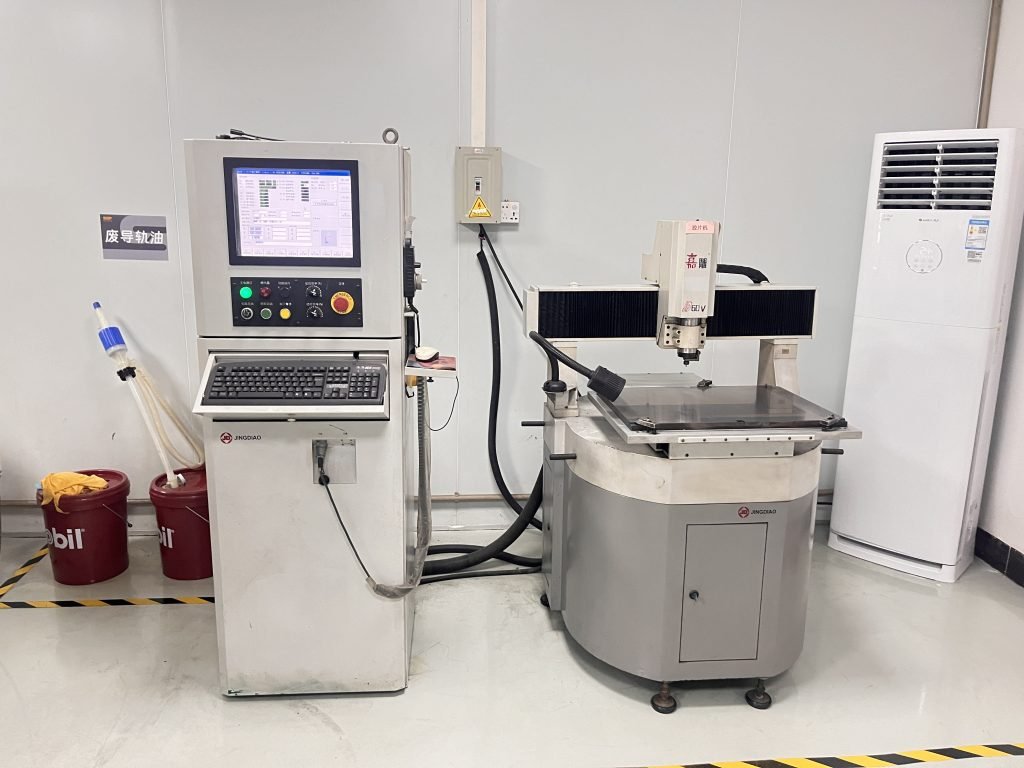
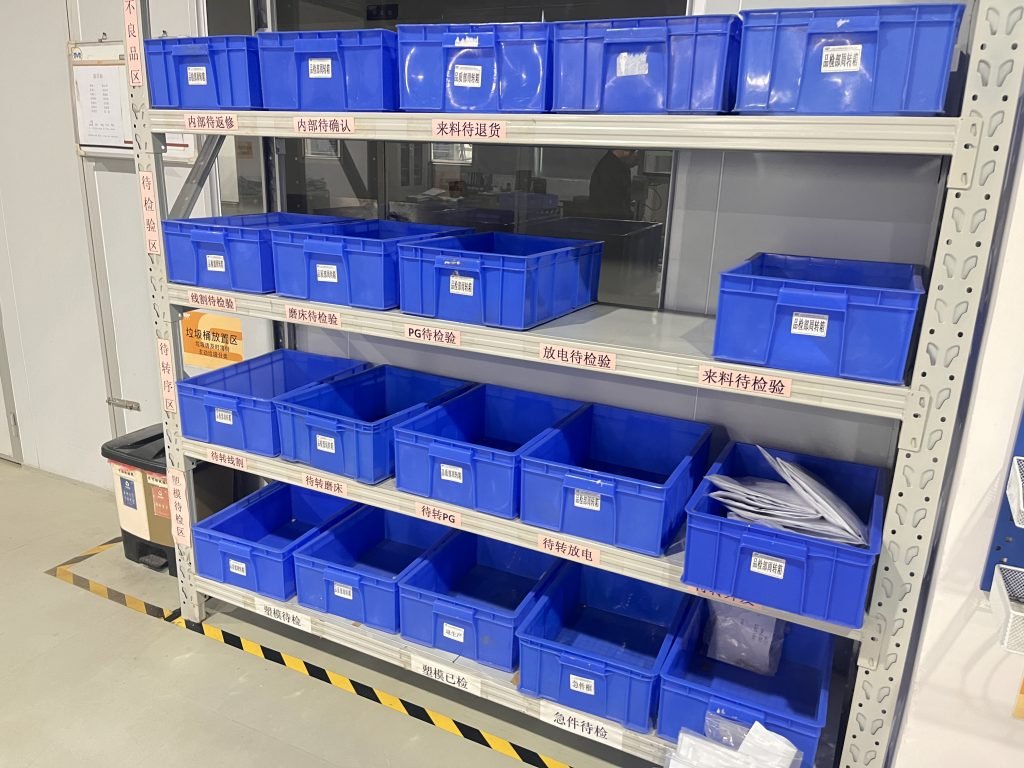
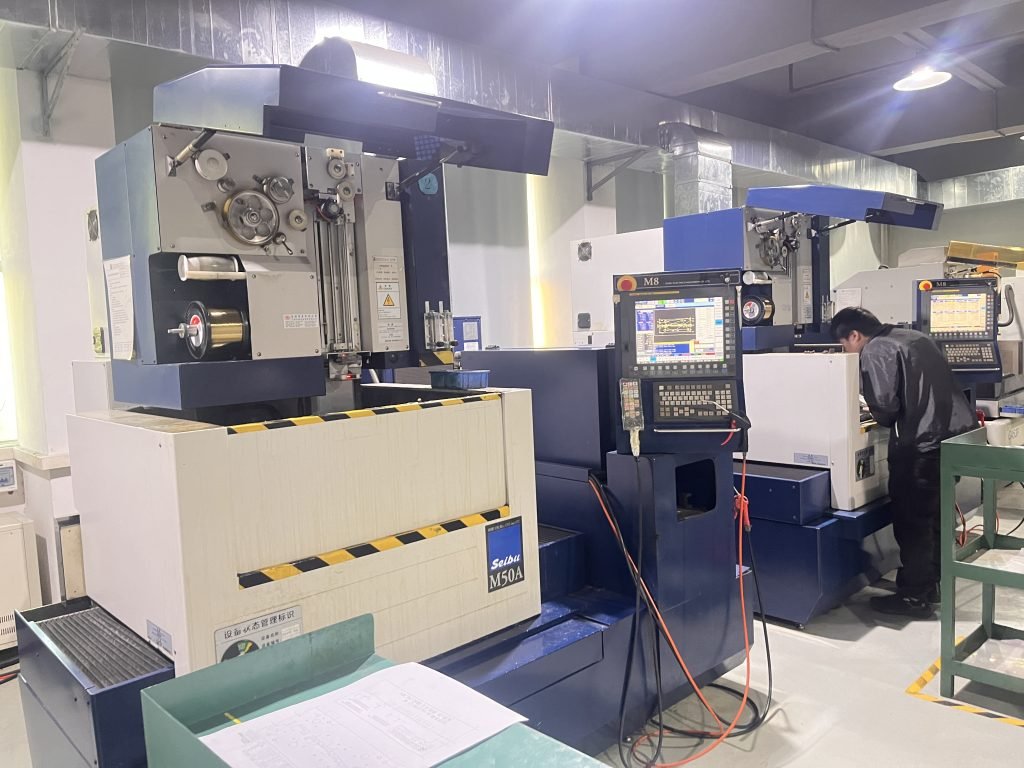

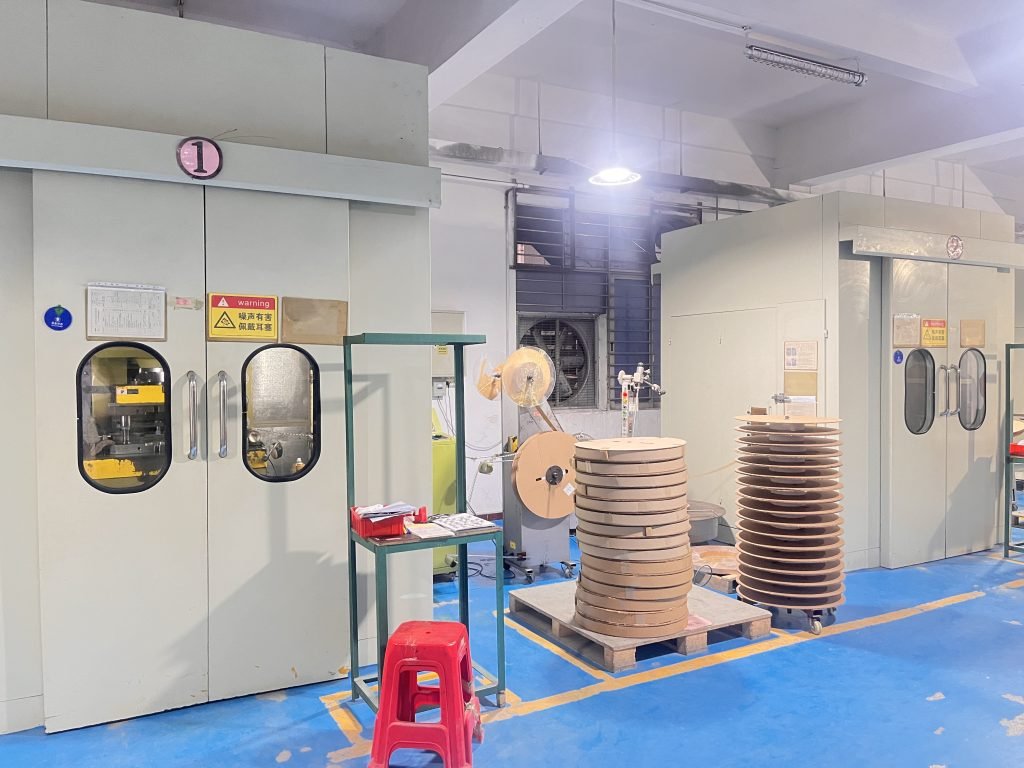
Why Fecision for Mold Components?

Precision and Accuracy
Using state-of-the-art CNC machining, EDM, and other advanced manufacturing techniques, Fecision ensures all mold components meet tight tolerances and high-quality standards.
Customization
Fecision understands the unique needs of each project. Our team works closely with customers to provide tailored solutions, ensuring that each component fits perfectly within the target mold system.
Rapid Prototyping
Fecision offers rapid prototyping for mold components, enabling customers to test and refine designs quickly before moving into full production.
End-to-End Services
From initial design and DFM (Design for Manufacturability) analysis to final mold assembly and testing, Fecision handles every aspect of the mold component manufacturing process.
Process for Manufacturing Mold Components
Manufacturability Evaluation
The initial step involves assessing the manufacturablity of the mold component. If it's deemed feasible, we proceed with production immediately. If not, we will provide a detailed DFM (Design for Manufacturability) report to the customer. If necessary, mold flow analysis is performed to simulate the flow of molten material within the mold.
Material Selection
Next, choose the right material for mold parts. Common materials for mold components include steel alloys, aluminum, stainless steel, specialty alloys, etc. If needed, a prototype may be made using rapid prototyping techniques (e.g., 3D printing, CNC machining) to test the design for fit, function, and manufacturability.
Mold Components Manufacturing
Once the design and materials are finalized, the mold component undergoes CNC machining. If required, the mold component may undergo heat treatment, depending on the material and intended application. For certain components, surface hardening methods such as nitriding or carburizing are applied to increase wear resistance.
Shipping
For molds with multiple components, such as multi-cavity molds or molds with inserts, the individual components are carefully assembled into the final mold system. Once our engineers confirm the product meets all requirements, it will be shipped. We maintain ongoing communication to ensure the customer is fully satisfied with the product they receive.
Let's Start!
Enhance your injection molding operations with high-quality bolts and nuts.
Contact us today to discuss your needs or request a quote. Our team is dedicated to delivering precision fasteners to drive your production success.




